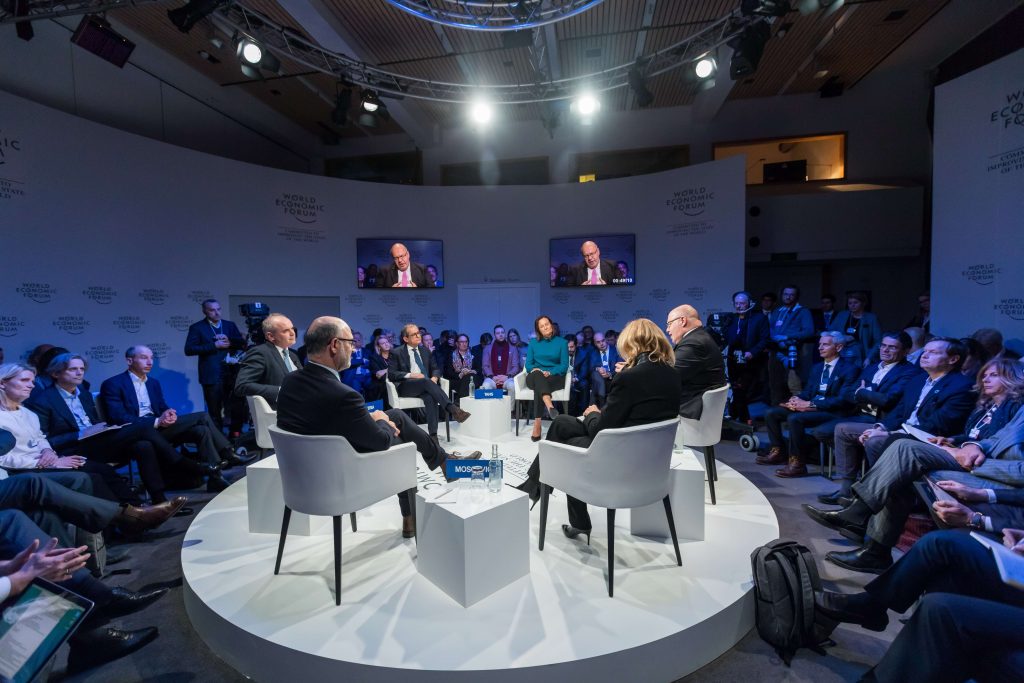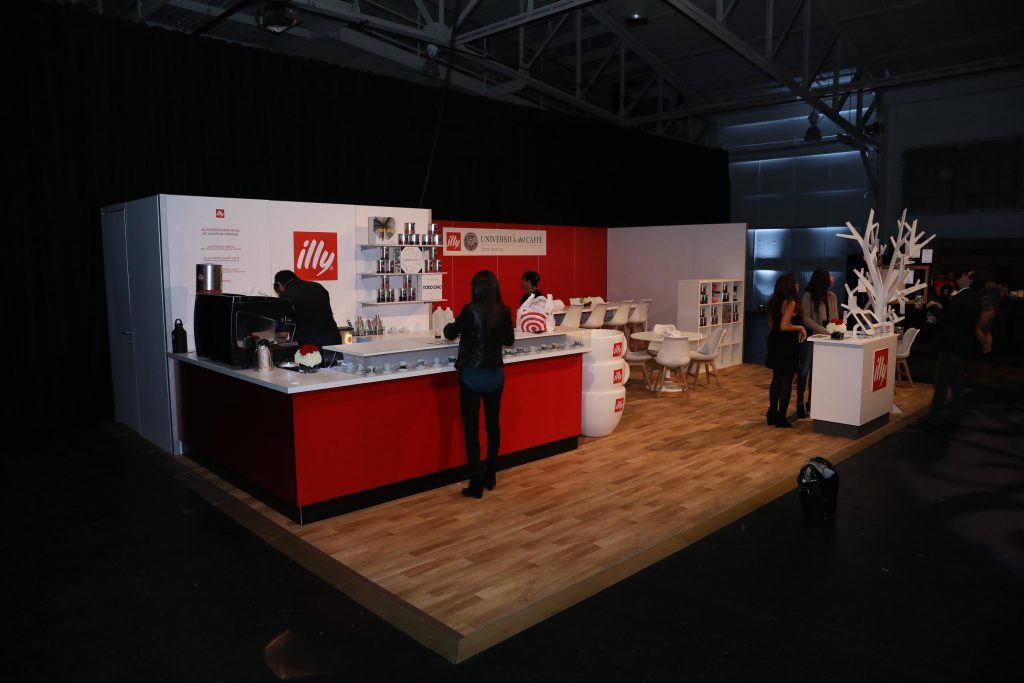For event planners who are starting to produce virtual and hybrid events, one element that needs careful thought is that of pricing. Hybrid events include elements of both live and virtual events, but that doesn’t mean you just combine the price of the two to arrive at a final figure. How do you price a hybrid event, and how much should a hybrid event cost your attendees? There’s more than one pricing model you can use to arrive at a ticket price that offers good value for money.
How to Price a Hybrid Event
Strategy #1: Digital Ticket Price as a Percentage of Live Event Price.
One of the simplest ways to set a ticket price for hybrid events is to first set a price for attendance at the live version of the event. Then, set the price for the virtual version of the event as a percentage of the live price. One way to do this might be as follows:
- Set your live event price as normal.
- Work out the break-even price for the online version of the event.
- Set a virtual price. It should be higher than your break-even price, but no more than 75% of the price of a live-admission ticket.
- Use the virtual price you determined in Step 3 as the basis for any additional pricing options. For instance, VIP tickets for extra content and/or volume discounts for large company groups.
This requires a careful balancing act in terms of setting prices. If your virtual ticket price is too low, it may mean that you lose too many live ticket sales, as they’ll opt for the virtual ticket over the live one. However, if your virtual ticket price is too high, you risk losing attendees altogether.
Strategy #2: Digital Ticket Price Based on Content Access.
With this option, your virtual attendees pay based on the content they consume, rather than paying a single ticket price. This kind of strategy would typically mean charging a separate fee for each session, with a discount or bundle price for multiple sessions.
This option can allow for more flexibility, since it allows virtual attendees the ability to pick and choose the digital content they access and pay for. The downside is that it can be difficult to price individual sessions, especially for a first-time event.
Strategy #3: Combination
This strategy is a combination of the first two: a flat virtual attendance ticket price that’s a percentage of the live price with a per-session option for people who don’t want to buy a full ticket but are interested in attending a small number of sessions.
To make this option workable, it’s important to balance your per-session price against the cost of a full-price virtual ticket. It may even be necessary to limit the number of sessions that any individual can purchase. Otherwise, it means too many people may forgo buying a full-price virtual ticket in favor of buying individual sessions instead.

What to Consider When Pricing a Hybrid Event
Cost of virtual event elements. Before you can determine a break-even cost for the virtual portion of your event, you need to have a good idea of what it will actually cost. That includes equipment, personnel, and a website or event platform for hosting virtual content.
Content access. How much of the live content will virtual attendees have access to? What content will they miss out on? If they have access to exactly the same content as live attendees—with the only difference that it’s online—then a higher ticket price (closer to 75% of the live fee) is appropriate.
Perceived value. Perceived value can be just as important as actual value, especially in comparison to the live version of the event. If the online audience is missing flagship content that the live event is known for, this may dramatically reduce the perceived value of the online content—even if there’s other good online content available.
Digital versus live value. Ultimately, when deciding how much a hybrid event should cost, what you’re really trying to pin down are two things:
- How well does the virtual version of the event replicate the live version?
- Does the virtual version provide value?
Ideally, you can answer at least one of these two questions in a positive fashion. You may not be able to completely replicate the live experience in an online environment, but that’s not necessarily a bad thing, as long as you can provide value in other ways.
Pricing a Hybrid Event Is About Value
There’s a lot to consider when deciding how to price a hybrid event, but ultimately, it’s about just one thing: value. To hit on a pricing strategy that works, both perceived value and actual value are important. What value does your virtual content provide, both on its own merits and in relation to your live content? Keep these factors in mind when pricing a hybrid event, and it’s hard to go wrong.









